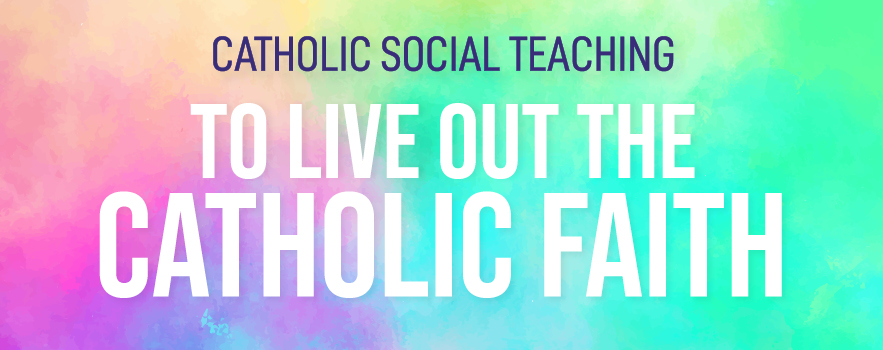No products in the cart.

“While it was still dark, Mary Magdalene came to the tomb.” (John 20:1)
The Gospel of John is known for its use of light and dark imagery. Its emphasis that it was still dark when Mary Magdalene visited Jesus’ tomb is not accidental. It would have fit the mood of Jesus’ disciples: hopeless and afraid. After all, their Master had just been executed like a criminal.
It might feel strange that the Gospel passage we read for Easter Sunday is sombre, as it ends with confusion. But perhaps it is fitting. We are still in the midst of a pandemic crisis. Many of us are facing extraordinary challenges. There are low-income workers who cannot work from home and are forced to choose between livelihood and safety. There are children struggling to keep up with remote learning. There are persons with mental health issues dealing with even more stress; and migrant workers wrestling with the effects of long quarantine. The picture often looks worse overseas. Poorer nations are unable to secure enough vaccine doses, and those who need them the most to resume economic activities and lift themselves out of poverty are instead pushed further back.
This sad situation fits the mood of the Gospel reading when it says “while it was still dark”. One can sense Mary’s despair when she said, “They have taken the Lord out of the tomb” (John 20:2). Even her Master’s body was taken away.
We know that Jesus rose from the dead, but the Gospel reading ends with “they did not understand the Scripture, that He must rise from the dead” (John 20:9). This confusion is perhaps what our struggling brothers and sisters are still feeling now; the end is nowhere in sight.
Previously, we learned that one key principle of Catholic Social Teaching is solidarity, that it is a determination to commit to the common good, the good of all and of everyone. If we are all children of God and members of His family, we are responsible for our fellow brothers and sisters.
Perhaps the Gospel is inviting us to be in solidarity with the suffering in this pandemic. Just as Jesus’ disciples were in need of the Good News, many brothers and sisters need us to show solidarity right now so they can live lives with the dignity they deserve as children of God, each and every one of them.
We can begin by finding out who are still grappling with the effects of the pandemic. There are many charities and social services agencies, Catholic and non-Catholic, working with them. We can support them by donating, volunteering, or raising awareness of their work. More importantly, we can be more observant of the people we meet daily. Maybe our neighbour next door needs some help. Perhaps our colleague at work has been suffering alone and needs a listening ear. Maybe our estate cleaner is strugging hard, working two jobs to support the family. Being a brother or sister to someone else is sometimes the best thing we can do.
Easter is a season so joyful for the Church that its celebration is spread over 50 days: should we not bring this joy to everyone else? If we open our Bibles and read the continuation of the story, we will learn that Jesus called Mary by name while she was weeping alone outside his tomb. What was her response?
“Mary Magdalene went and announced to the disciples, ‘I have seen the Lord’” (John 20:18). Alleluia!
First published in Catholic News. Reprinted with permission.
